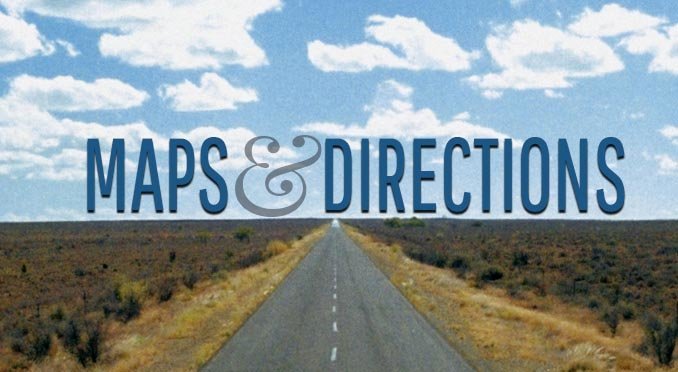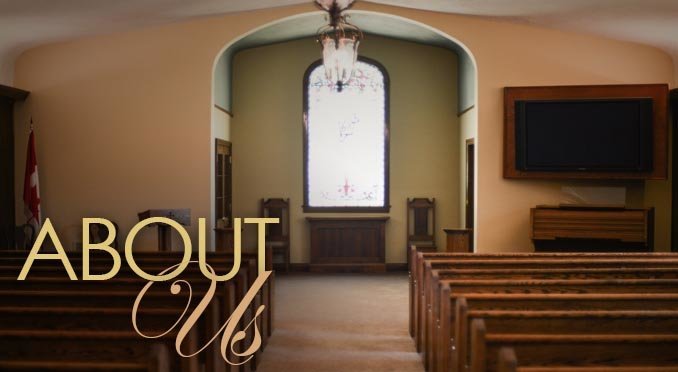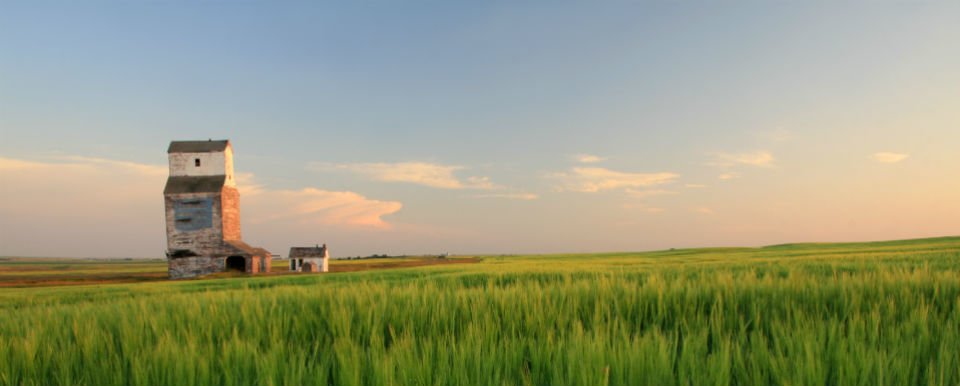CONTACT: 780-753-2332 OR 1-888-753-2339
Wills & Executors
WIlls
Everyone knows they should have a will, but the vast majority – about 70% of us – do not. Writing a will is easy and inexpensive, and once you are done you can rest easy knowing your hard earned money, and property, will be distributed according to your wishes. As well, if you have children, you can leave instructions on who will be left in charge of them if you pass, leaving that decision out of the courts hands. Making a will is easy; you just need to be at least 18 years of age and must be of sound mind when the will is written. To make a will legal it must:
- Expressly state that it is your will.
- Be computer generated or typewritten.
- Be signed and dated.
- Be signed by 2-3 witnesses. Witnesses must be people who don’t stand to inherit anything in the will.
Although you do not need a lawyer to complete a will, it is recommended to do one with a lawyer, as it will avoid any legal headaches after your passing. Once your will is complete, it’s recommended that it is kept somewhere safe and secure outside of your home. If you prepare your will through a lawyer, most law firms will store it for you free of charge. Many people keep their wills in a safety deposit box at a bank, but this is not recommended, as the contents could be sealed at the time of death. The executor of your will should be aware of the location of it.
Executors
An executor is the personal representative of your estate. They are the person in charge of taking control of your assets, paying off any debts, and distributing assets to your beneficiaries, per the terms and conditions of your will. You can choose anyone to be the executor of your will, but it is a good idea to choose someone who is both competent and trustworthy. The person you choose to be executor should be outlined in your will. Someone you appoint to be the executor of your will has the right to refuse, so you should have a backup executor in place just in case.

Testimonials to Our Service













